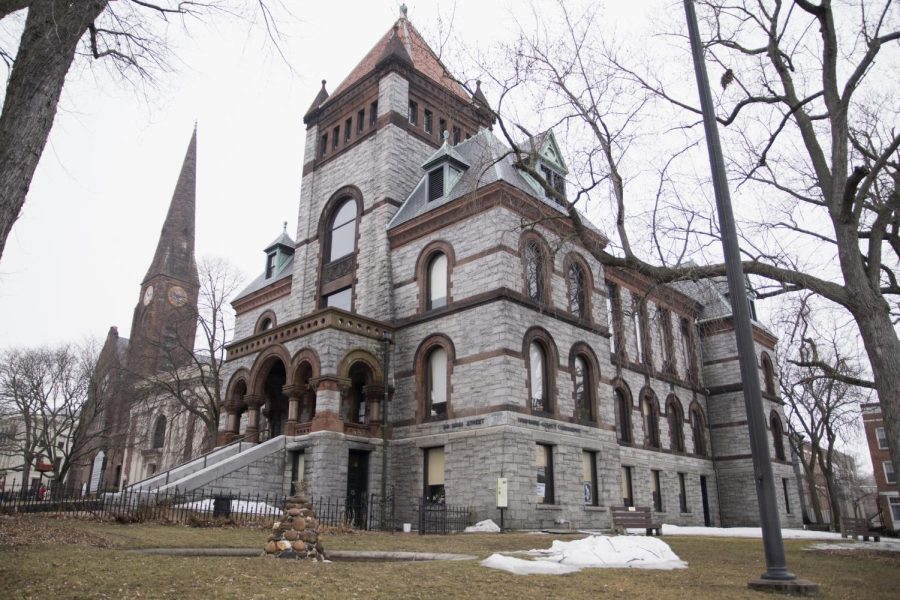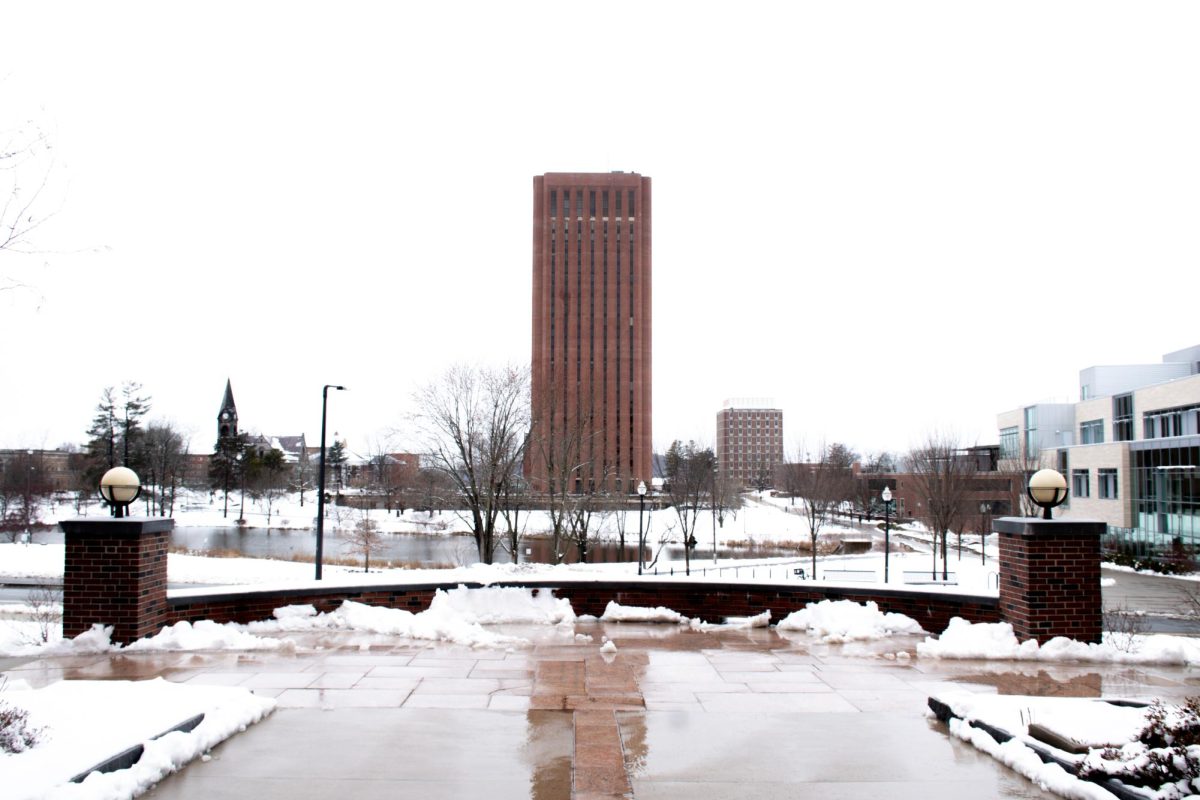When a prospective student applies to the University of Massachusetts, they are asked if they have ever been convicted of a misdemeanor or a felony. For many students, the application process ends there. By checking the box next to “yes,” a flag is immediately raised for those who will review this application. The prospective student knows this and, in many cases, will choose not to apply to the school at all.
Mass incarceration is a systemic issue in America that disproportionately affects people of color and those living under the poverty line or with mental illness. At almost two million, the United States has the largest number of incarcerated people in any country. Although only 12.4 percent of the population is Black, Black Americans make up over 34 percent of the prison population. Mass incarceration is another barrier for minority groups when it comes to education.
In 2016, President Barack Obama urged schools to remove the criminal history question, stating it has a “chilling effect” on potential students. Later that year, John B. King Jr., who served as Secretary of Education at the time, released a letter to colleges and universities regarding new “Beyond the Box” guidelines. These guidelines urged colleges to remove or delay asking applicants about their criminal records until after admissions decisions were released. This would prevent potential students from feeling discouraged when applying to colleges they are qualified to attend.
According to UMass history professor Jennifer Nye, in 2016, a group of UMass faculty came together to put an end to this question. They called the movement “Unbox UMass,” which worked in accordance with a national campaign called Ban the Box, which references the box that potential students must check to indicate a criminal record. Since then, many universities have done away with the question altogether, including every school in the SUNY system, NYU and all University of California schools.
Under the MassTransfer system, students who complete certain prerequisites at community college are guaranteed admission to UMass or other Massachusetts State schools. However, the universities can still choose to deny these individuals admission based on their criminal record. This is especially concerning, as many who take the MassTransfer path are students of color or students who live in poverty: both of which are more likely to have been incarcerated. These students have no way of knowing if universities will admit them until they have completed their associate degree and application. Meaning that students are putting their faith into a system that will eventually turn its back on them.
I spoke with one UMass graduate who had this experience. Israel Rivera chose to take the MassTransfer path and complete his prerequisites at a community college before attending UMass. He said, “When you graduate from a community college, you are supposed to be allowed into any state institution. I had a 3.8 or something, so I automatically thought I was going to get in.” Unfortunately, Rivera did not know about the fine print that stated the University could choose to withhold admission based on criminal record.
When Rivera eventually applied to UMass, he was denied due to a prior drug conviction. With the help of Professor Jennifer Nye, he appealed the admissions decision and was eventually allowed to attend the University. Rivera completed his bachelor’s degree and then went on to receive his master’s degree in public policy. He now serves as a project manager at Families First, a nonprofit family education program, and as a newly-elected member of the Holyoke City Council.
It’s safe to say that UMass’ decision to deny Mr. Rivera’s admission was short-sighted and unfair. Now a well-respected member of the community, Rivera states that there is no way he would be where he is today had his initial admissions decision stuck. Rivera shared with me that when students with criminal records enroll in a new school, they are required to submit a letter of character, which is essentially a way for the student to explain what happened and what they learned from their conviction. Rivera firmly believes this is yet another barrier to entry that disproportionately affects Black and brown communities, as well as those who live under the poverty line or with a mental illness. He believes that students with criminal records should have the opportunity to share their perspectives, but in a way that humanizes them, such as a face-to-face interview, rather than another essay.
Following the national Ban the Box movement of 2016, UMass eventually revised the question regarding criminal records. It now allows students to share the specifics of their convictions and assures them that their answer will have no effect on their admissions decision.
When the University reviews applications, it first decides whether the student should be admitted based on their application. It then sends the application to a committee that reviews the potential student’s criminal history and makes a final decision regarding acceptance. Although it’s a step in the right direction, it’s not enough. We have no way of knowing how many prospective students see that question and decide it isn’t worth their time to apply to UMass. This question is a way of saying that if one has a criminal record, they needn’t apply here.
Proponents of criminal record screening in colleges believe that it keeps campuses safer. However, recent research that these methods have incredibly low predictive values. Most students who get arrested in college have no previous criminal record. More research shows that increasing education reduces crime: meaning that allowing students with a criminal history to go to college may make them less likely to commit a crime again, bettering this student’s life and bettering society.
This question is a blatant violation of human rights that affects students, this University and America as a whole. The Commonwealth of Massachusetts has already enacted laws that ban employers from asking about criminal history, and colleges should be no different. It’s time to rid the application process of this antiquated question and finally be able to think Beyond the Box.
Zach Leach can be reached at [email protected] and followed on Twitter at @ZachLeach12.





















JFK • May 25, 2022 at 5:41 pm
Couldn’t have said it better. Great article!!!
Logan • Apr 29, 2022 at 8:08 pm
Unbox Umass!!!!! (fantastic article btw)
Roger • Apr 25, 2022 at 8:25 am
So using this logic maybe your high school grades shouldn’t be provided either. Neither should your extracurricular activities or work experience. If you committed a crime and the university wants to know about it they have the right to ask. You don’t think future employers are going to ask, especially if its a government or public sector job? Universities look at the whole applicant and you have an opportunity to explain extenuating circumstances in your personal statement.